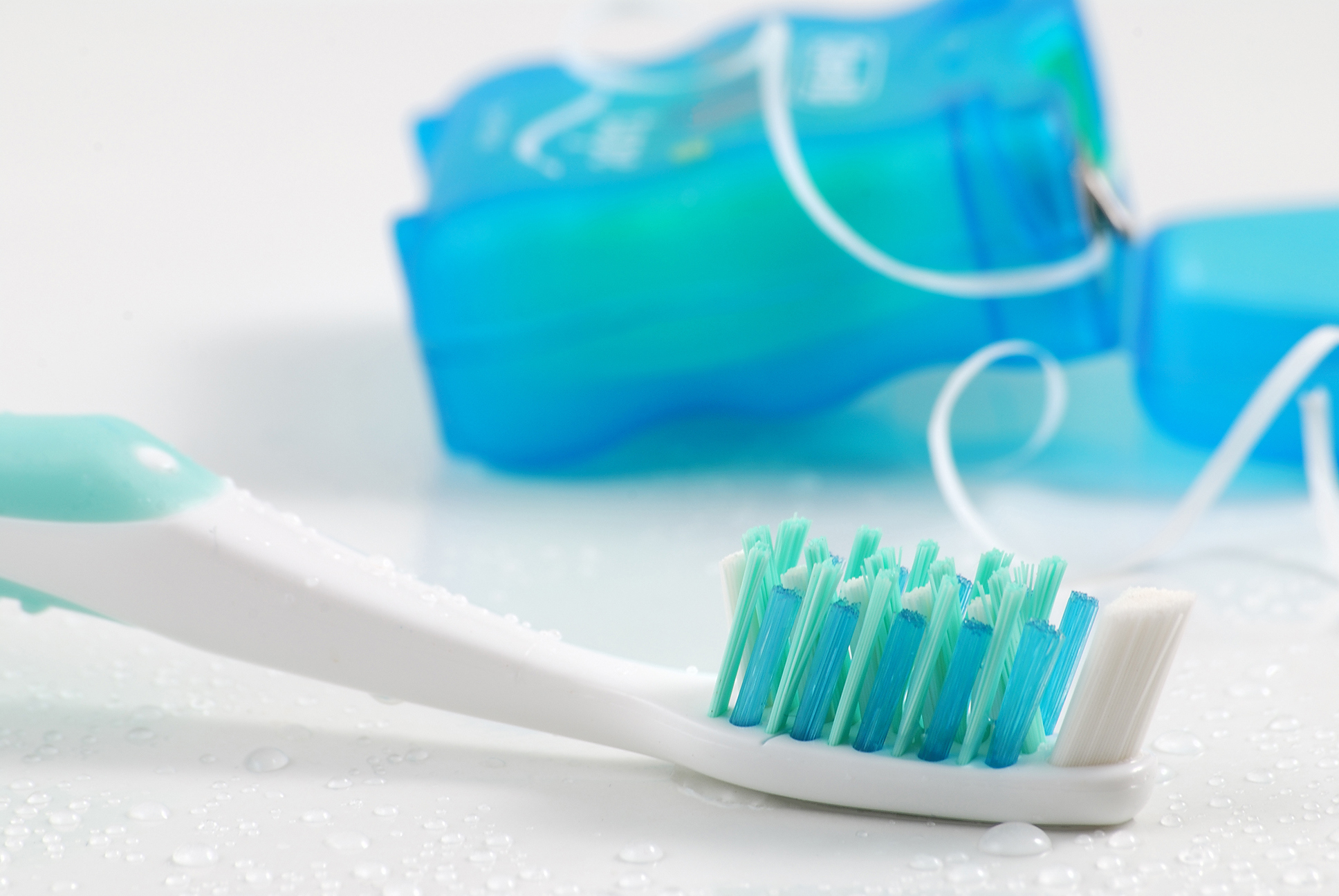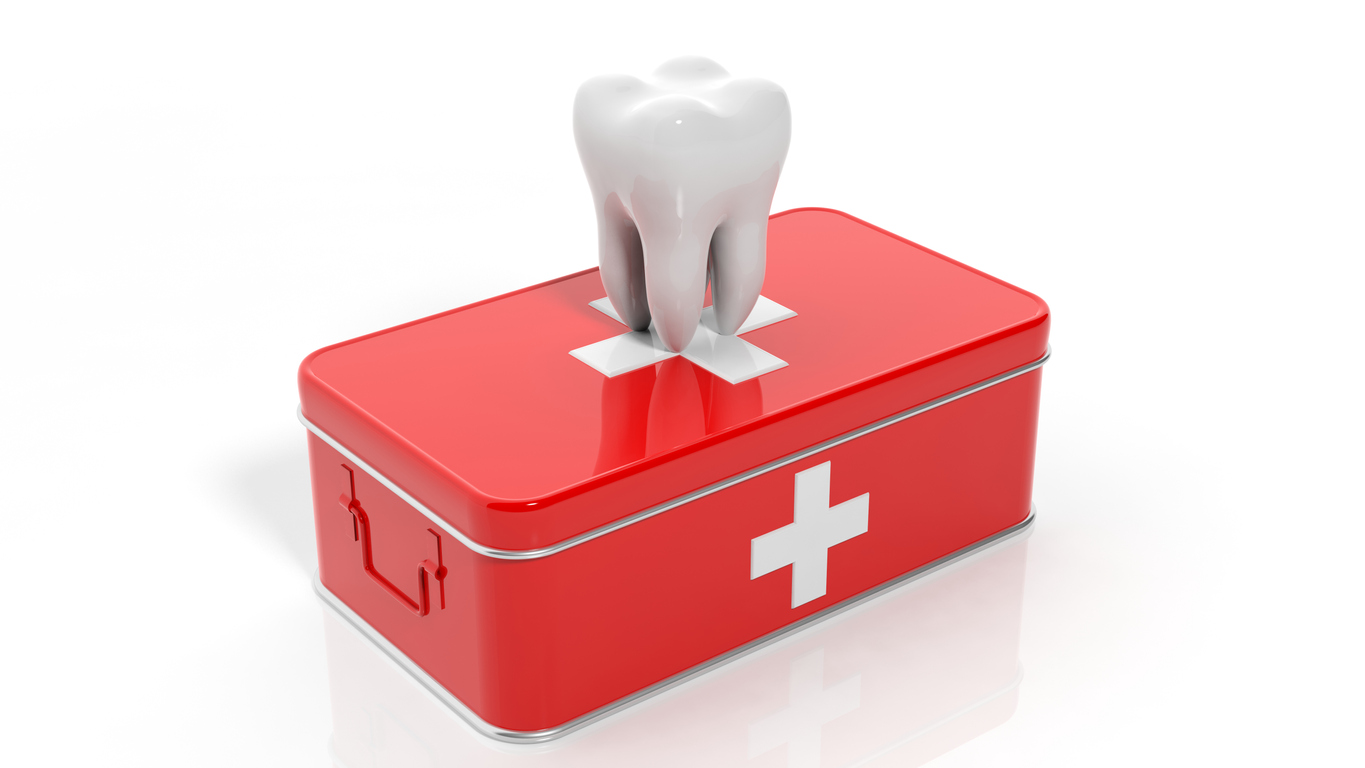Living with Chronic Pain
Tips for Maintaining Dental Hygiene While Dealing With Chronic Pain

Proper dental hygiene is essential for oral health and overall well-being; however, it may be difficult for individuals with chronic pain. Chronic pain can cause difficulty with holding a toothbrush, standing at a sink, or squeezing toothpaste. Depression often experienced due to chronic pain can also impede the ability to complete daily tasks, such as brushing and flossing the teeth. Therefore, dental health of individuals with chronic pain tends to suffer. Lack of proper dental care causes cavities, gum disease, and loss of teeth.
Poor dental hygiene can exacerbate certain chronic pain conditions, such as diabetes, cardiovascular disease, HIV/AIDS, or osteoporosis. Additionally, many people have dental anxiety, resulting in missed dental appointments. Below are several tips to ensure proper dental hygiene is maintained while dealing with chronic pain.
Try adaptive devices
There are a variety of adaptive devices available to make brushing and flossing less painful. They include toothbrush grips, specialty toothbrushes, electric toothbrushes, floss holders, picks, and devices for toothpaste tubes.
Use soft bristles
Extra sensitivity usually develops when chronic pain is experienced in the mouth area. A soft-bristled toothbrush can reduce pain that occurs while brushing the teeth.
Control water temperature
Brushing with water that is too cold or hot may trigger nerve pain in the gums or mouth. To avoid this, be sure to keep the water at a temperature that is well-tolerated.
Brush when already up
For many people, the act of repeatedly getting up and down from a chair or bed can be tiring. To reduce this, brush the teeth when already standing or walking, such as to use the restroom, instead of making an extra trip.
Keep supplies nearby
Getting out of bed may be challenging at times, especially when pain is high. Keeping an oral hygiene kit next to the bed is beneficial on those days. It can include a foldable toothbrush, travel-sized containers of toothpaste, mouthwash, floss, and a cup or bowl to spit into.
Take breaks
When practicing oral hygiene, individuals with chronic pain may experience fatigue, hand cramps, or other difficulties. If necessary, take breaks in the middle of brushing and flossing.
Check medications
Certain medications can increase the likelihood of dry mouth, which can lead to various dental issues. Consult a health care professional or dentist concerning which medications may cause dry mouth, recommendations to deal with it, and oral health complications to be aware of.
A little is better than nothing
Although it is ideal to brush your teeth at least twice a day, not everyone is able to achieve this. A quick swipe of the teeth with a tissue, brushing the teeth quickly, or using a dry toothbrush is better than avoiding dental care altogether.


















